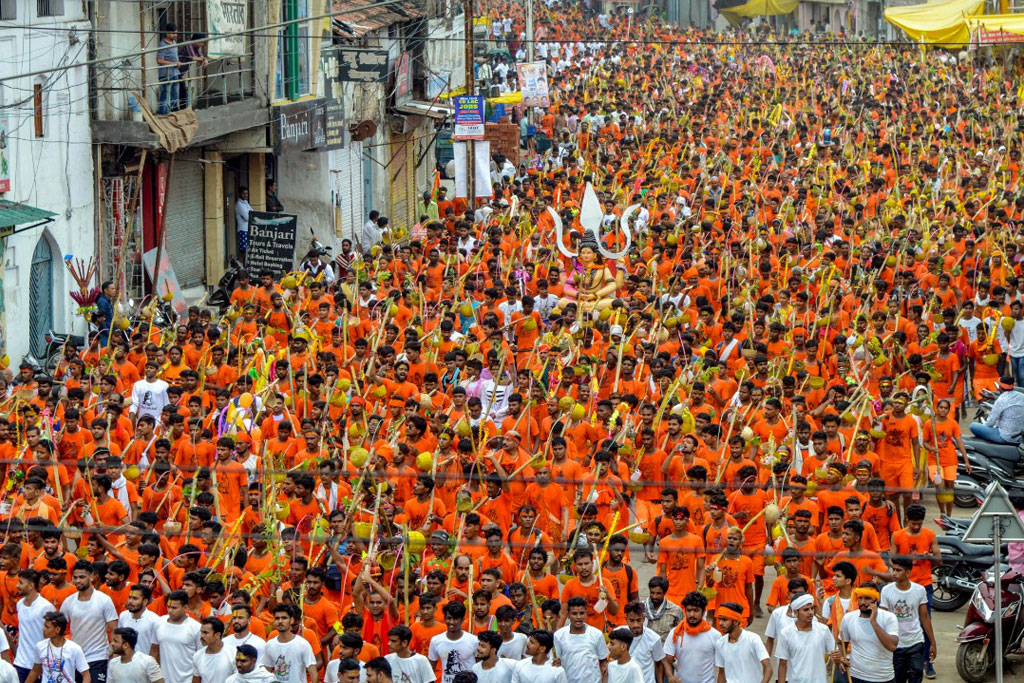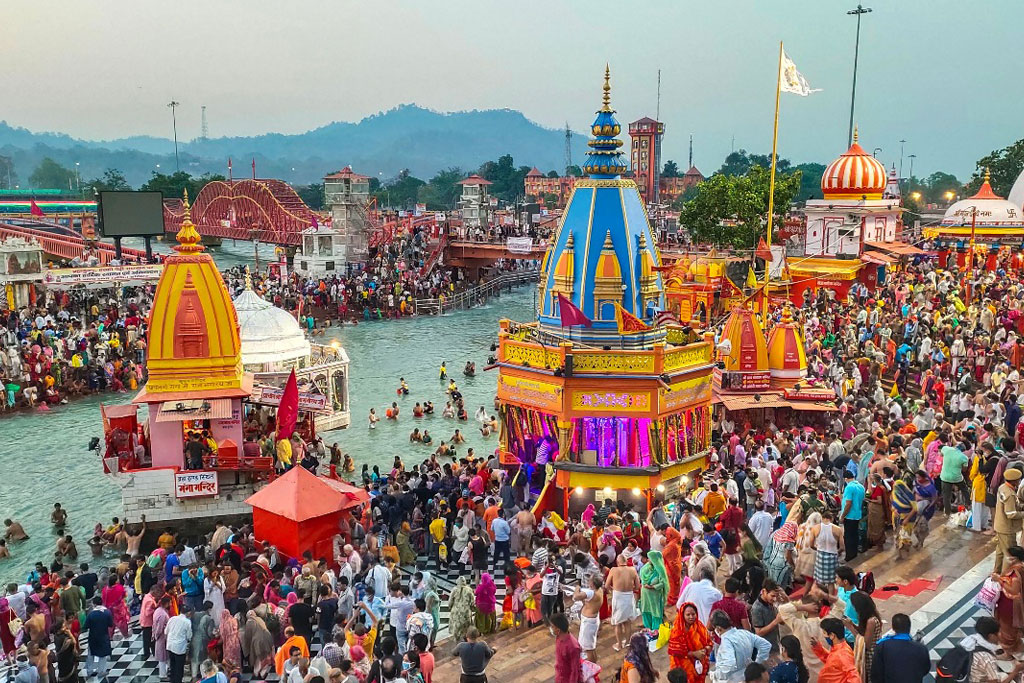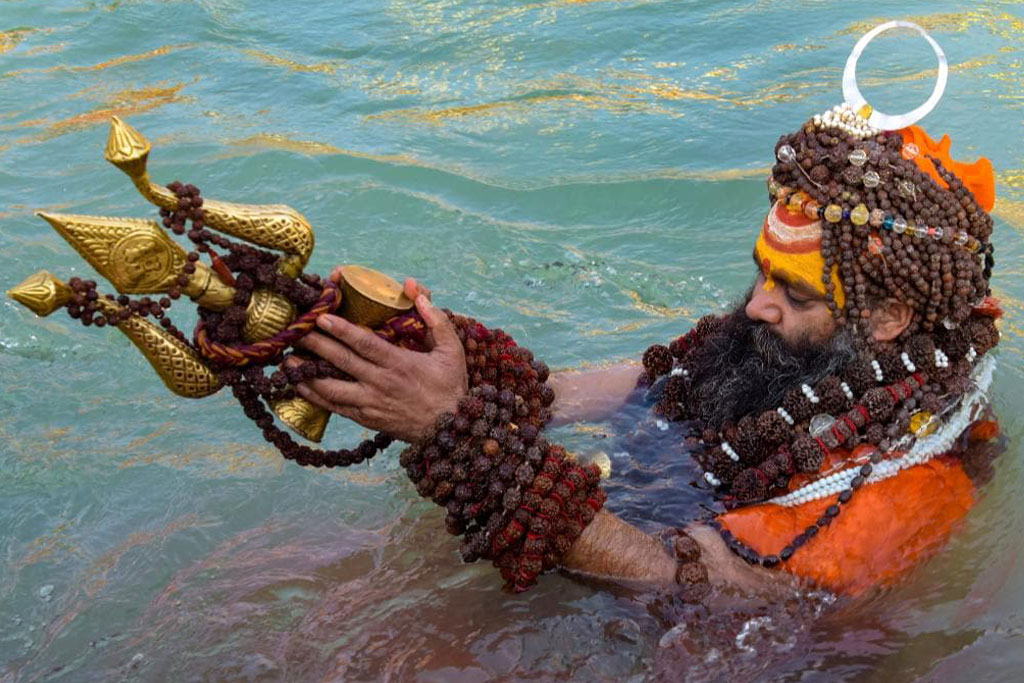Values of our culture
Indian or Hindu civilization is one of the oldest civilizations in the world and has been able to survive centuries of invasion and colonization. It is a civilization built on the foundations of science, philosophy and ideological assimilation. Through the lens of metaphysics and enlightenment, it provides answers and tenets to the ultimate purpose of a human life - "Understanding thyself". The ancient books and scriptures tackle every phase and part of human life and how to live to attain "moksha", the liberation from this cycle of life and death. It also proposes the concept of "Karma" that embodies the concept of what goes around comes around. Hindu civilization preaches that humans should fulfil their duties while on being a path of "Dharma" or righteousness and should just focus on doing the "Karma" without any attachments to the results. Yet it is a culture that celebrates "life" every day through its festivals, traditions and most importantly wanderlust. Come visit India for a truly spiritual experience and explore our thousands of years of heritage by visiting our pilgrimage sites and temples, each that tell a unique story of the pious land called "Bharat Varsha".
About our history & spirituality
Hindus believe that God resides within every human body and that it is very important to connect with that inner divine. A basic tenet of Hinduism is to focus on improving and nurturing your inner self rather than focusing on others. This is the basis of spirituality with an ultimate goal of liberation from the cycle of birth and death and becoming one with God (moksha). This can be achieved through various means like meditation, yoga etc.
India the land of enchantment is the abode of spirituality
Our fascinating country is a spiritual hub pulsating with life and energy. India is rich in culture, tradition and heritage. It is multicultural, nultilingual and multifaceted. But the essence of India is "unity in diversity." Despite our socio-cultural and religious differences, there's a sense of interconnectedness and togetherness among the people. Indeed, India is a great country with great people.

Historical Vedic Culture and Religion
The Vedic Civilization refers to the ancient civilization of India that existed during the period of the Vedas, which are the oldest sacred texts of Hinduism. The Vedic period in India is generally dated from around 1500 BCE to 500 BCE.
During this time, the Vedic people, who were nomadic and pastoral in nature, settled down in the northern part of the Indian subcontinent and established a civilization that was characterized by a strong emphasis on religious rituals, social hierarchy, and an oral tradition of transmitting knowledge.
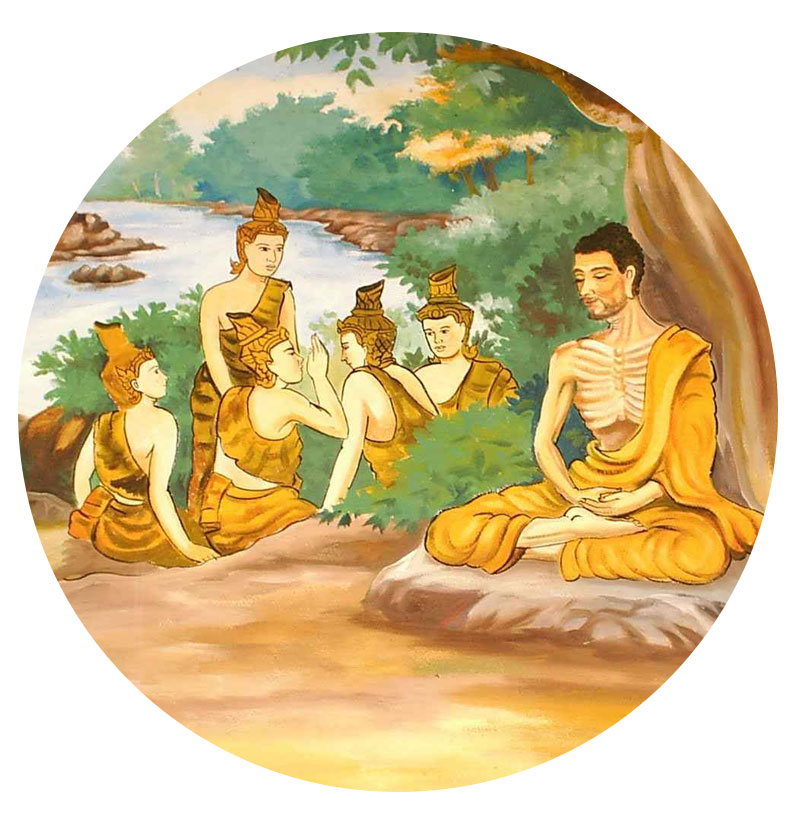
Yoga and meditation are a gift of India to the world
Yoga originated in India thousands of years ago and is the science of freeing ones mind from the materialistic thoughts of the body, which is nothing but an amalgamation ofthe five elements (earth, water, sky, fire and air). Yoga has been practiced since ages to promote mental and physical well-being. Meditation or Dhyana is the process of awakening your consciousness through breathing techniques and chanting. Meditation has lot of psychological benefits and allows the mind to disconnect from thoughts and witness life as a nonchalant observer. Meditation is a process to find your inner divine (atman or soul) and ultimately unite with the Paramatma or the Supreme Soul behind every creation

The Holistic education system
It was a residential schooling system whose origin dates back to around 5000 BC in the Indian subcontinent. It was more prevalent during the Vedic age where students were taught various subjects and how to live a cultured and disciplined life. Students used to come from as far as China and Japan to learn in India. Gurukul was actually the home of teacher or Acharya and was the center of learning where pupils resided till their education got complete.
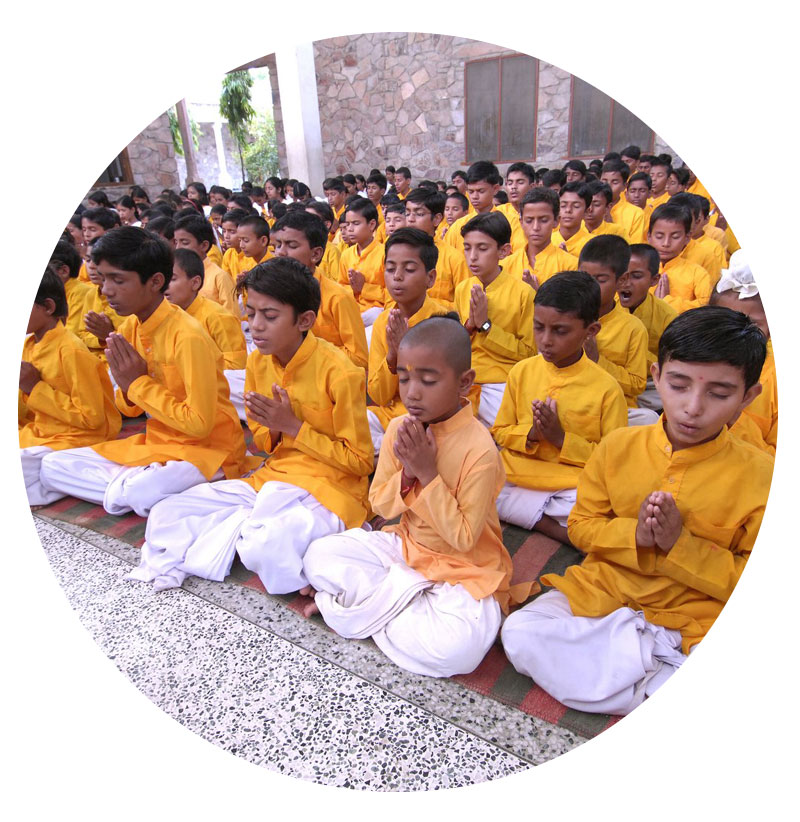
Indian Festivals are Linked to Nature Worship
Almost all Indian festivals epitomize a deep connection between man, nature and society. If one delves into the significance of the various indigenous festivals of India, it quickly becomes apparent that most of these festivals are celebrations of Mother Nature and her power as well as bountifulness. It is important to understand that nature is worshipped in India to acknowledge nature’s powers and the bounties it provides.
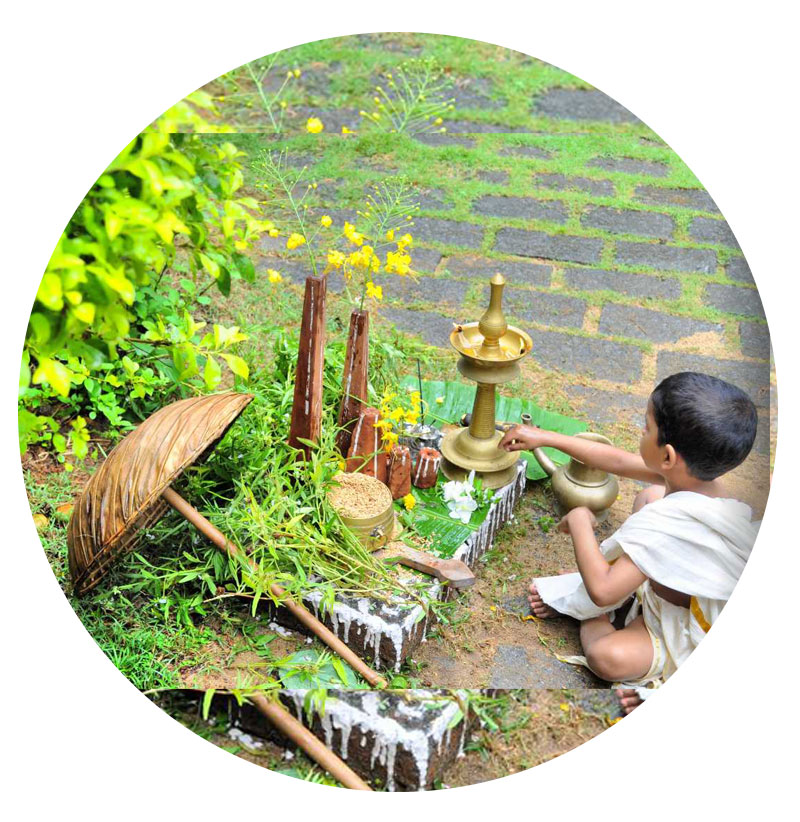
Spend your vaccation in India
Plan a Spiritual Visit
There is perhaps no place in the entire world more identifiable with spirituality than India. Its glorious and ancient spiritual culture has drawn pilgrims, seekers, and philosophers from all around the world for thousands of years, and continues to do so.
The Spiritual Oasis
As the juggernaut of world history rolled on, many civilisations rose and fell and passed into oblivion but the spirit of India remains eternal and invincible, unscathed by the onslaught of Time.

Jagannath Temple
Famous for its annual Ratha Yatra
Baidyanath Dham
Famous for its annual Kanwar Yatra
Kedarnath
Famous among 12 jyotirlinga and the Panch KedarsContact Us
Ut possimus qui ut temporibus culpa velit eveniet modi omnis est adipisci expedita at voluptas atque vitae autem.
Location:
A108 Adam Street
New York, NY 535022
Email:
info@vedikland.com
contact@vedikland.com
Call:
+1 5589 55488 51
+1 5589 22475 14

